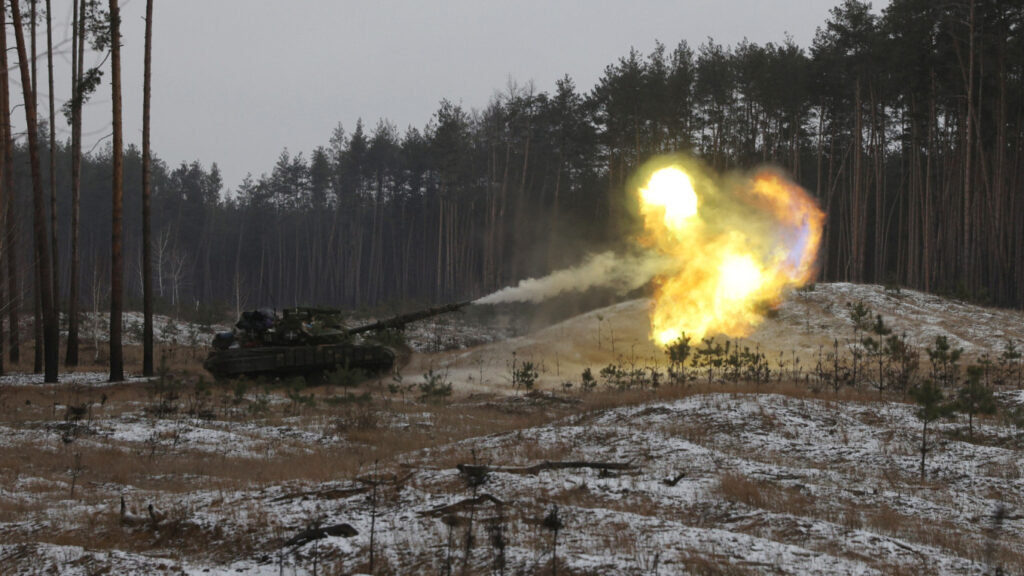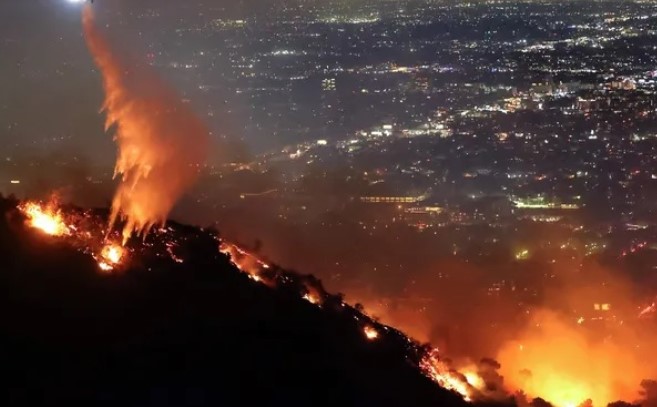
The foto has taken from The Moscow Times
STRATEGIC ASSESSMENT. Ukraine reported a fresh wave of attacks on key infrastructure facilities on Saturday, a day after Russia claimed to have captured the ravaged eastern town of Soledar following a long battle.
Victory in Soledar would be a rare achievement for Moscow after an embarrassing series of military setbacks — although Kyiv insisted fighting was still ongoing in the city on Saturday.
Ukrainian infrastructure once again came under fire on Saturday as winter deepened, officials said.
“Today, the enemy fired at energy facilities again,” energy company Ukrenergo said, adding that it was working on “eliminating the consequences” of the strikes.
In Kyiv, Ukrainian officials reported strikes on a power facility and a fire broke out in a warehouse after fragments of a rocket fell, though there were no casualties reported.
In the northeastern Kharkiv region, “the enemy launched another missile attack on critical infrastructure and industrial facilities,” governor Oleg Synegubov said.
There could be emergency power cuts in the city of Kharkiv, the second largest in Ukraine, and in the surrounding region, Synegubov warned.
Russian attacks killed three people on Friday, the deputy head of the presidential administration Kyrylo Tymoshenko said.
The fate of Soledar, a salt mining town in the Donetsk region that Russia finally claimed to have captured on Friday, remains unclear, after regional governor Pavlo Kyrylenko told Ukrainian television that Ukrainian forces still “controlled” the town on Saturday.
Kyrylenko conceded that the “battles continue in and outside of the town” and described the months-long fight for control of Soledar and nearby Bakhmut as the “hottest” spots on the frontline.
Both sides have conceded heavy losses in the battle for the town, with Moscow desperate to sell any win back home after repeated humiliations and Ukraine determined to hold — and win back — ground.
On an icy road near Soledar on Saturday, AFP journalists saw Ukrainian medics tending to the wounded brought from the nearby frontline. Bloodied helmets, bullet-proof vests and pieces of uniform were discarded on the side of the road after being cut from corpses.
The health workers were “here to help the living”, said a 31-year-old medic who identified himself as Vadim. Two men, one with a bandaged head, and another with an injured leg and carried on a stretcher, were quickly helped into a waiting ambulance.
The wounded were usually taken to stabilization points before being transferred to hospital, Vadim explained.
Another medic bent over one of the wounded men’s vest, collecting the remaining bullets.
“Things are consistently difficult,” said Vadim, but “the Ukrainians are keeping their positions.”





